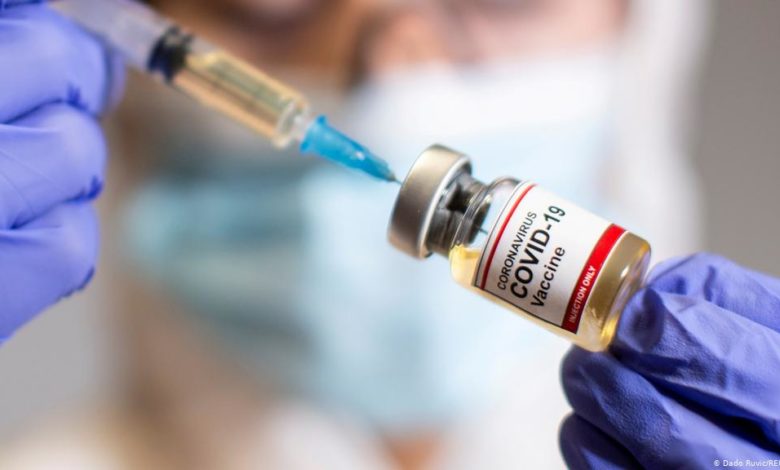
The Covid-19 vaccination campaign in Bulawayo has been faced with challenges with the city running out of vaccination cards and registers for capturing data.
The city also needs more vaccination doses because the vaccines in-store may be depleted by the end of the week since almost 3 000 people daily turn up at all the combined vaccination centres.
According to authorities, Bulawayo received 63 200 vaccines consisting of both Sinopharm and Sinovac vaccines.
As of Sunday, April 18, 32 048 Bulawayo residents have been vaccinated with the first dose and over 4 800 have received both doses.
Giving an outlook on the city’s vaccination campaign Wednesday at Bulawayo’s Provincial Covid-19 Taskforce meeting, Provincial Development Coordinator, Paul Nyoni, confirmed there were challenges.
“13 200 vaccines were delivered for Phase 1 and 50 000 vaccines for Phase 1 Stage 2. We observed we should do more on the supply chain because nine times out of 10, there were very few vaccination cards, as low as 4 000. That created a problem as people who were vaccinated would go home without evidence, which sort of discouraged some,” he said.
Nyoni said the vaccination cards were crucial, as people used those to show others they had taken their jabs.
“Many people after vaccination want the cards to show as evidence. That has since been rectified as everyone vaccinated has received their cards but there’s a need for those vaccination cards to keep up with vaccines supplied in the province,” he said.
Director of the City’s Health Services Department, Dr Edwin Sibanda, said Bulawayo ended up asking Matabeleland North and Matabeleland South for vaccination cards.
“We received fewer vaccination cards than vaccine doses. Obviously, people wanted evidence to show relatives and friends. Medical Aid companies such as MASCA came in to print temporary cards and at one visit to Mater Dei, we found people going to collect their cards after vaccinating before. This was inconvenient, as some people would be travelling, hoping to have their second doses elsewhere,” he said.
“There was also a shortage of vaccination registers used to state details of the person vaccinated such as their age, disease and occupation.”
Dr Sibanda also expressed concern that available vaccines would run out by end of the week, given the daily rate of people now turning up.
“We have 36 000 vaccines left and by Friday there would be none. For the second stage of phase one, we received 50 000 Sinovac doses in Bulawayo so when we open all clinics and centres to vaccinate 3 000 which is a daily target you will find that after dividing the number of people and vaccines, you have 16 days of supply. Therefore to say to everyone must come and vaccinate when we know we have few vaccines in stock is a challenge,” he said.
The National Pharmaceutical Company (NatPharm) distributes vaccines to the city and Dr Sibanda’s requested the Ministry of Health and Child Care to send more vaccination cards.
“Our target was initially 100 000 people and asked for 220 000 vaccine doses but we were only given 13 200. We then realised we will receive vaccines as per availability from the ministry. Then for the second stage, we asked for 100 000 doses but were given 50 000 so we don’t know when the next allocation will come,” he said.
In response, Local Government and Public Works Minister, July Moyo said he would engage NatPharm to make continuous delivery.
“This meeting is for information and will work with information so the supply chain person is now critical. Is there a problem with the supply chain so that I can correct it? Vaccines are definitely in Harare and we need to get hold of that person so I can understand if there’s a problem because I don’t want to take it as a problem when I know the vaccines are there. So what is the problem? So you are suppressing your vaccination because of the supply chain?” he asked Dr Sibanda.
In response Dr Sibanda said they were forced to do that.
“In some cases, we had to do that. We had young people who were coming forward. The city has over 70 000 people on AVRS and that alone can mop up all of our vaccines. 50 000 vaccine doses can cater for 25 000 people and only came with 3 000 vaccination cards,” he said.
“Medical aid societies have come on board to help but we are afraid to give them our available vaccines because you will find that they may be finished in two days and that may discourage people. The health ministry must monitor stocks so as to replenish them on time.”





